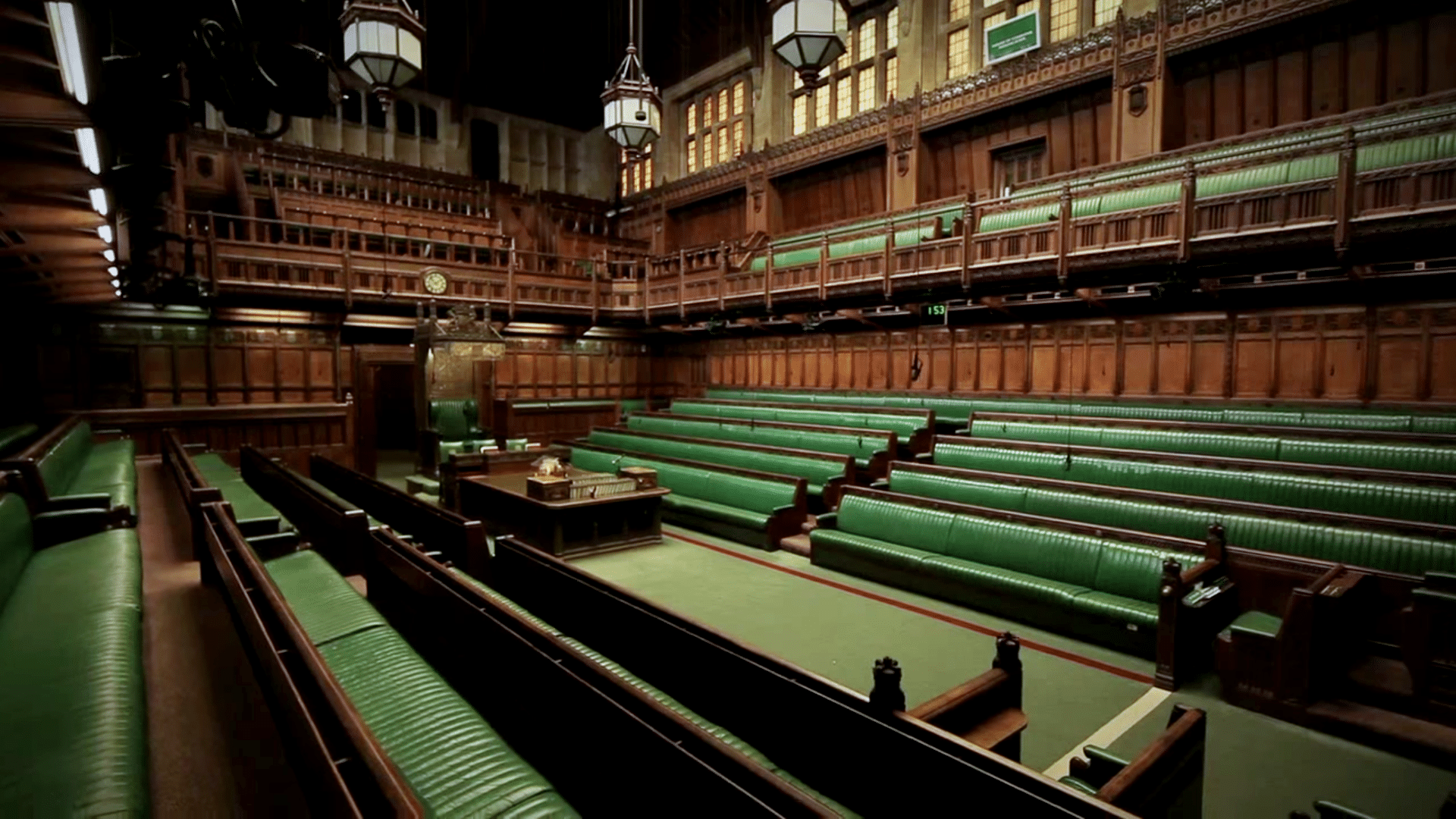 BBC News
BBC NewsBorrowing was £17.4bn last month, the second highest October figure since monthly records began in 1993.

Understanding Government Transition, Stuart Thomson
Government transition between one of the two main political parties have rarely happened in recent years. Since the time of Mrs Thatcher in the 1980s the baton has only been passed in 1997 and 2010 and now again in 2024. But what really happens when such shifts take place?
After any General Election there are always a number of new Members of Parliament (MPs) that are elected. This time around the churn has been much higher. The example is often given that when everyone arrives in Westminster for the first time, it is like a fresher’s week. There are lots of new people making new friends, catching up with old ones, finding their way around, and not really knowing what they are doing!
Then there are the logistics of being allocated an office, sorting IT, and for many, recruiting an office team as well. They are nowadays provided with some notes on what to expect and a ‘buddy’ system is in place but the government transition process can still be a daunting prospect.
The results this time around, especially for some Labour MPs, mean that victory will have been unexpected. This means resigning from their existing jobs with immediate effect. There is also then the impact of a very different sort of working day and week. It is not 9-5 which may sound fine in theory but takes time to get used to not least for those around an MP. There can also be issues about where to live as well.
For the Government itself the key challenge is in getting up and running as quickly as possible. Once the PM has been appointed by the monarch, there will be a speech to deliver on the steps of Downing Street. This sets the tone of everything that will then happen and many literally go down in history.
Then there is the hard work of governing to get on with, Ministers to appoint, and briefings with civil servants as everyone gets up-to-speed in their new roles. A PM also needs to start ringing world leaders as well as engaging on national security measures.
One of the over-riding thoughts especially for this Government transition will be the first 100 days. They will already have mapped much of that out so that they can demonstrate a clear plan, deliver some quick wins, and show that they are different from the party which has just been removed from office. There will also be a King’s Speech to finalize, setting out the new government’s legislative agenda, and I would assume a financial statement from Rachel Reeves opening up the books and explaining what a poor state Rishi Sunak and Jeremy Hunt have left them in.
It might be thought that the size of the majority will make life easier for Starmer but trying to manage such a large number brings its own challenges. Even from the moment he appoints Ministers he has to consider party management and whether he is brewing up potential trouble in the future. Government transition, even in the event of such a successful election campaign can be wrought with dilemna.
The Ministerial team will be appointing political and media (special) advisers, and Starmer too will be adding to the team already around him. There will be other appointments to be made as well potentially around engagement with business but we do not operate in a US-style system that sweeps out officials and replaces them with new political appointees. The British style of government is one of a smooth and seamless transition of power, rather than a sea change. The independent civil service means that a change from Conservative to Labour can happen, a new approach implemented, and new policies progressed almost as if nothing has really changed.
Who said starting a new job was easy?